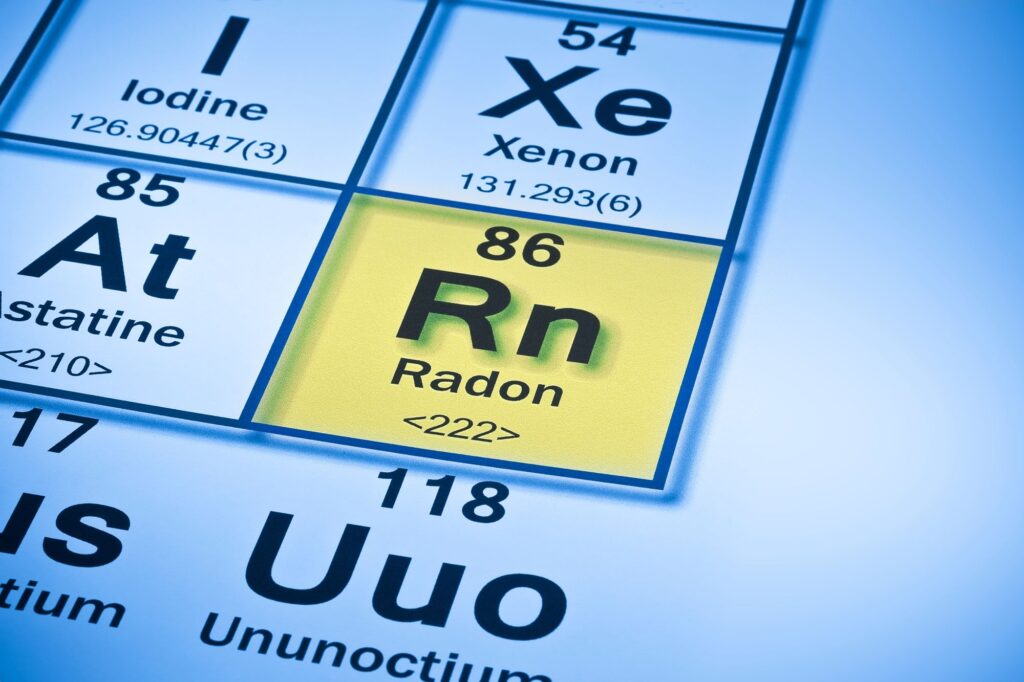But Mayor of London concedes possible ‘moderate adverse impact on occasion’ on air quality from increased cruise ship numbers
Plans to build a new cruise ship terminal on the River Thames in Greenwich were given the green light by the Mayor of London yesterday (August 25), despite concerns over the potential impact on local air quality.
Up to 55 cruise ships are expected to dock at the terminal each year from 2017Up to 55 cruise liners a year are expected to dock at the planned Enderby Wharf terminal, which local campaigners claim will result in increased nitrogen dioxide emissions from ships using on-board electricity generators potentially consuming up to 700 litres of diesel fuel every hour.
The Royal Borough of Greenwich council originally gave planning approval to the development last month (July 21), and calls were subsequently made by campaigners and London Assembly Members for the Mayor to call-in and override the decision (see AirQualityNews.com story).
However, the new terminal is now expected to be up and running by 2017 after the Mayor’s Office and Deputy Mayor for Planning, Sir Edward Lister, both gave the plans the go-ahead this week.
The Mayor, Boris Johnson, had asked independent air quality consultancy Amec to study the impact of emissions from the planned cruise terminal, which is part of a new scheme that also includes 477 new homes, a skills academy, restaurants, bars and the creation of up to 500 new jobs.
But the Mayor’s Officer concluded that while it “recognised there could be some moderate adverse impact on occasion, it also acknowledged the height, speed and heat of ship emissions disperse more efficiently in comparison to motor vehicles.”
The Mayor’s Office also said it recognised “the levels of background pollution already experienced in the borough” and had therefore secured £400,000 towards “ongoing environmental monitoring or improving air quality” through the council’s existing Air Quality Action Plan.
In addition, a low emissions transport scheme has also been secured “to minimise construction and operational traffic”.
All ships using the proposed terminal must comply with national and local emissions legislation, the Mayor’s Office said, which requires vessels to burn less than 0.1% sulphur emissions. EU regulations, it added, mean that all cruise ships must swap fuels when they reach regulated waters, requiring them to burn low sulphur fuel on their approach to London and while in port, resulting in a “97% reduction in emissions”.
Terminal
According to the Mayor, the terminal in Greenwich will accommodate medium-sized cruise liners up to 820ft long and is expected to attract tourists from around the world, especially North America and Europe, helping London to become “a marquee destination for cruise ships and will allow London to become the starting and finishing point for worldwide cruises for the first time”.
Planning permission was originally granted in 2012 for a passenger terminal on the Enderby Wharf site, however new European legislation that came into force earlier this year required cruise operators to stay for longer in London with vessels starting and ending trips in the capital.
London’s Deputy Mayor for Planning, Sir Edward Lister, said: “We have worked with the local authority and the developer to ensure the new terminal and surrounding infrastructure will meet the needs of thousands of tourists coming to the city each year.
“It will provide a major boost to tourism, benefit the local economy and further contribute to London’s status as a world leading city.”
Opposition
However, Greenwich Green Party said that the decision to grant planning permission to the terminal without shore-side power provision to cut diesel fume from the ships was “a green light for pollution”, adding that Greenwich Peninsula “will be smothered in fumes”.
And, Liberal Democrat London Assembly Member Caroline Pidgeon said the decision to grant planning permission for the terminal without requiring off-shore power for the cruise liners was “highly regrettable”.
She said: “In years to come I believe people will look back in amazement at the foolish decision by Greenwich council and the Mayor of London to give the go ahead to a cruise liner operating in a such a polluting way when far less polluting alternatives are available for powering cruise ships when berthed.”












Leave a Reply